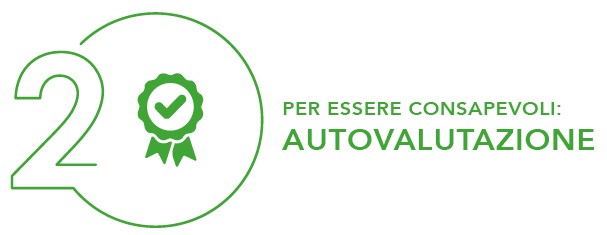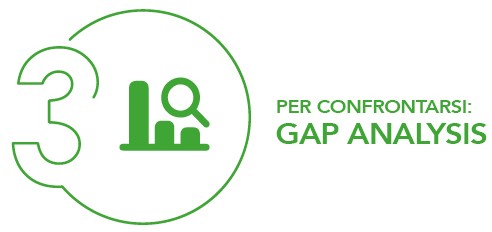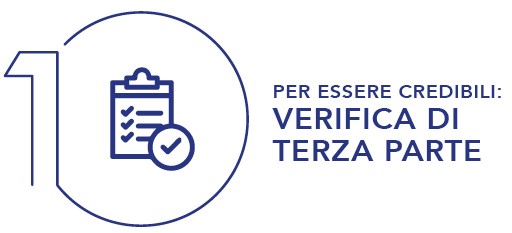
WHAT IS THAT
Organizations wishing to undertake circular economy projects in a structured way, to date, can find a useful voluntary regulatory reference in the standard developed by AFNOR , which describes the methods and criteria for implementing a management system for such projects. Other standards on these issues are being developed, both at the UNI and at the ISO level
CSQA SERVICES
Through its services, CSQA puts companies in a position to be able to choose their own path towards circularity. In fact, it is the organization itself that can set its own approach to the circular economy , based on the degree of awareness (of management and staff) and the objectives it sets out to achieve.The customer, therefore, can combine the four different proposed activities in a modular way.
INTERNAL ROUTE
.jpg)
The need to face the next decade with a strong and innovative vision, which revises the approach to business in a circular key, requires an understanding of the dynamics of the circular economy, exploring the business opportunities that may emerge.
CSQA proposes a training activity with the following objectives:
- Understand how your company works in systemic terms
- Know the drivers of the circular economy and the opportunities it offers in terms of business development
- Stimulate reflections and planning to use the application models of the circular economy as strategic assets for the company
- Create a generative discussion environment in which to test the transformation of products, processes and business models
The service includes:
- A modular approach based on the following macro-themes: the circular economy; the company as a system; circular business models; plan the future
- Active and constant involvement of the participants, through lectures, webinars and working groups

Through the self-assessment tool provided under license , the interested company can carry out a screening of its corporate processes in order to identify the potential design areas that can be linked to circularity.
The service includes:
- The tool allows you to implement a project circularity management system , also considering the requirements of the AFNOR reference standard
- Self-assessment using tools is functional for the identification and choice of any circularity projects and related opportunities
- Once the projects in focus have been identified, it will be possible, if required, to modify the business models
- This step could be preparatory to the guided implementation of a circularity project and a third-party evaluation, using the aforementioned legislation

The Gap Analysis activity aims to evaluate the degree of application, maturity, effectiveness and efficiency of the object of evaluation with respect to the reference standard. Gap Analysis is in fact defined as an assessment of the differences between actual performance and expected performance in an organization, with respect to certain reference criteria, usually contained in a standard or a norm.
The term "gap" therefore refers to the distance between "where we are" (picture of the current state) and where "we would like to be" (goal).
In particular, for the Gap Analysis of circular economy projects, to date, the regulatory reference is the AFNOR_X30-901 standard.
The Gap Analysis activities will be carried out at the following level:
- managerial/organisational
- operational/process
The execution of both documentary and on-site evaluation activities is envisaged, sampling the most significant aspects. Interviews with the personnel involved may also be carried out.
The objectives of the Gap Analysis are:
- identify the context and the peculiar characteristics of the Organization
- identify the degree of preparation of the organization to support any verification process
At the end of the Gap Analysis, a report will be issued which will describe the activities carried out during the verification and the strengths and weaknesses identified, against which the company can undertake a path to improve its management system.
EXTERNAL ROUTE

The AFNOR XPX30-901 standard is the reference used by CSQA to verify the management systems of circular economy projects, which take into consideration the environmental, social and economic impacts.
The certification of the standard allows you to make your commitment to stakeholders clear.
The main stages of the certification process include:
- documentary evaluation;
- stage check 1
- verification of stage 2, also examining a sample of circular economy projects implemented by the organisation
- issue of the certificate of conformity (valid for three years)
- annual surveillance audit
- renewal verification